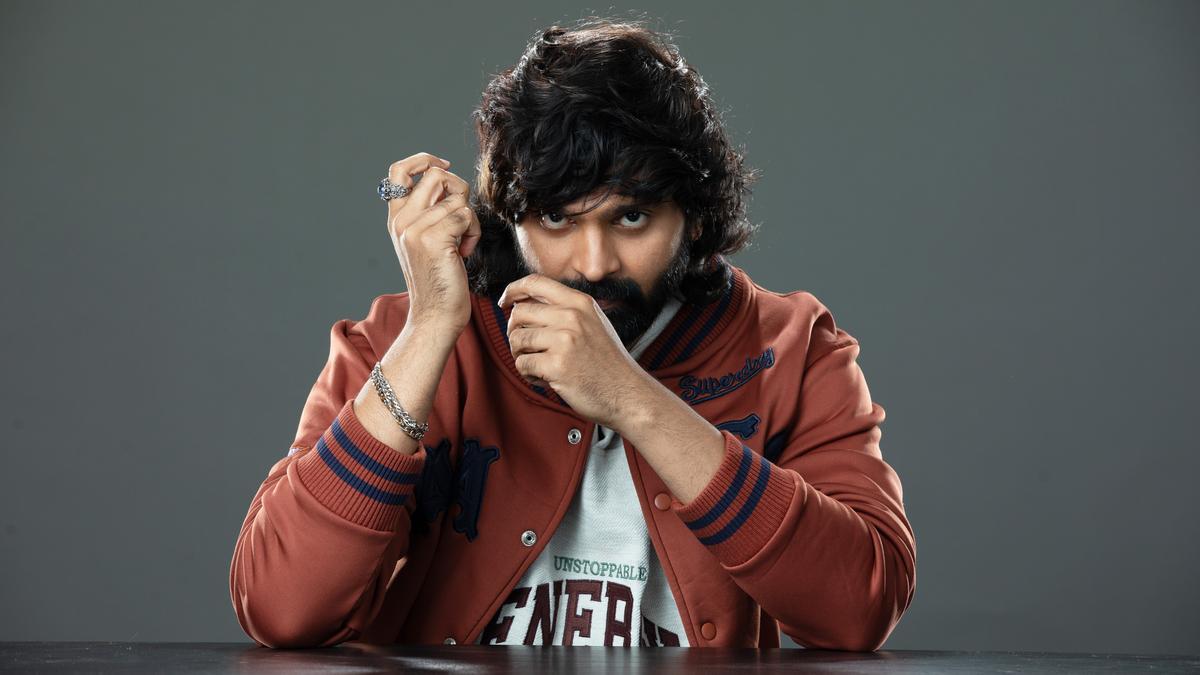
In what has become a significant postscript to the Euro 2024 quarterfinals, Germany’s celebrated midfielder, Toni Kroos, has voiced his frustration following UEFA’s admission of a refereeing oversight during the crucial match against Spain. The UEFA Referee Committee recently acknowledged that Germany was denied a legitimate penalty for a clear handball by Spanish defender Marc Cucurella—an incident that could have dramatically altered the outcome of the game.
Following Germany’s controversial elimination at the hands of tournament favorites and eventual champions Spain, this revelation from European football’s governing body adds an extra layer to the narrative. Kroos, who is known for his candor, didn’t hold back his exasperation. Speaking on his popular podcast Einfach mal Luppen, he remarked with palpable sarcasm, “It took them three months to realise it was a handball, something that almost everyone saw in a second. Thank you, it wasn’t that big of a deal. Can I proclaim myself European champion now that they’ve officially said it was a mistake? I don’t think so.”
This episode is particularly poignant as Kroos had made it clear that Euro 2024 would mark the end of his illustrious career. The quarterfinal exit brought an emotional conclusion to the journey of one of football’s most accomplished midfielders. Despite an impressive trophy cabinet that includes five UEFA Champions League titles and a FIFA World Cup win in 2014, the European Championship remained the elusive prize for Kroos.
Reflecting on the match, Kroos expressed his disappointment with how the incident was handled, noting the missed opportunity for a crucial review. “I only got angry when I saw it after the game. I think he should have at least looked at it. But I think the problem is: that he knew that if he looked at it, he would have to give it. And I had the feeling that he didn’t necessarily want to give it in a game like that.
. The referees themselves don’t know 100 percent how the interpretation is in this case,” he said, illustrating the complexity and subjective nature of officiating at such high-stakes tournaments.
“In retrospect, it’s bitter, of course, when you see the whole outcome or the importance of a goal at that point. In the end, all we could do was accept it,” Kroos continued, underscoring the unavoidable sense of regret that comes with such contentious decisions.
The controversy brings to the forefront the ongoing debate about the consistency and transparency of refereeing decisions, especially in the era of VAR (Video Assistant Referee). While VAR is designed to eliminate clear and obvious errors, it seems that its implementation and the human element of interpretation still leave much to be desired. Incidents like these remind the football community of the profound impact that referee decisions can have on the trajectory of the game and the careers of the players involved.
This revelation from UEFA, albeit late, serves as a bittersweet validation of the grievances aired by fans and players alike. However, it does little to change the reality that the German team faced—a premature exit from the tournament and the end of an era for Toni Kroos. The German maestro, who has been an iconic figure in the sport, now prepares to hang up his boots, leaving behind a legacy marked by skill, dedication, and an unyielding spirit.
As for UEFA, the incident underscores the need for continual improvements in officiating standards and perhaps a more expeditious review process for controversial plays. The governing body’s admission, while a step in the right direction, also highlights the importance of real-time resolutions in maintaining the integrity of the sport.
In the realm of international football, where emotions run high and the stakes are ever greater, the consequences of such errors are magnified. For fans, players, and officials, the hope remains that future tournaments will benefit from clearer, more consistent decision-making processes, ensuring that the beautiful game retains its fairness and competitive spirit.
This story sheds light on a moment that will be remembered not just for the match that was lost, but for the conversation it sparked about the future of football officiating. As Kroos steps away from the pitch, his final tournament serves as a poignant reminder of both the glory and the heartache that come hand in hand in the world of sports.










